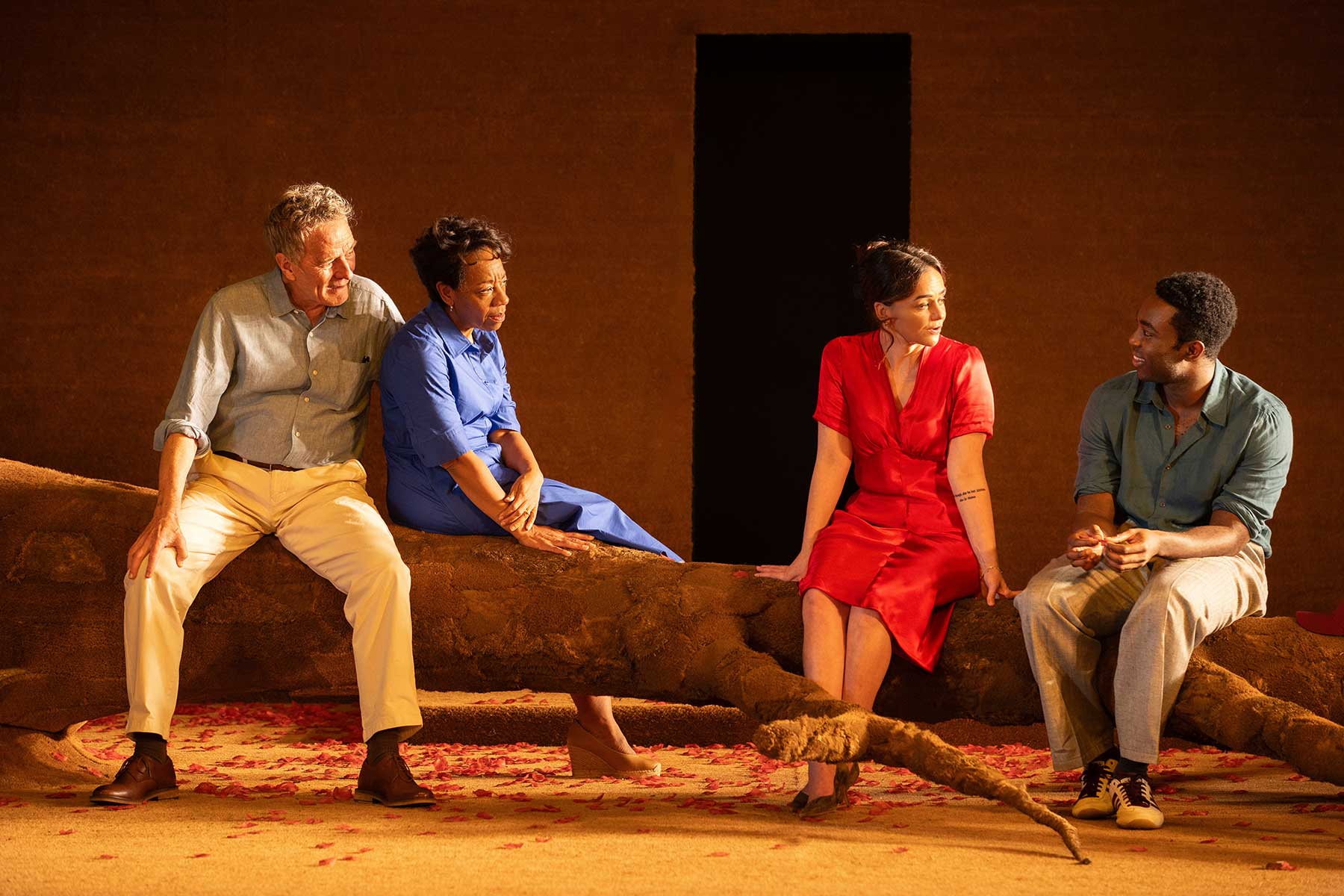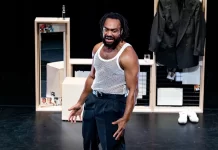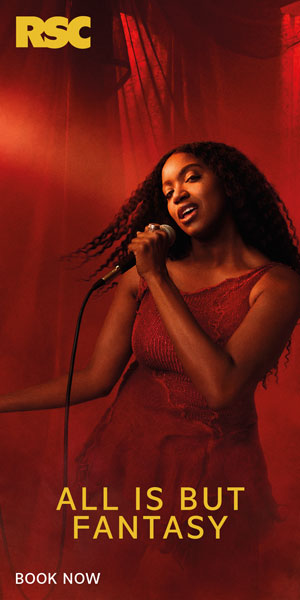
Some dreams lift us up, others tear us down and it’s the latter that proves to be true in Arthur Miller’s All My Sons. A US theatre classic, the play explores the toxic side of the American Dream. Despite being written more than three-quarters of a century ago, this new revival at Wyndham’s Theatre proves little of the play’s power has faded. Its themes of profit, denial and personal responsibility feel current and still resonate in a modern world where corporate negligence persists and lives continue to be negatively affected by decisions made in the relentless pursuit of profit.
At the heart of the production are Bryan Cranston and Marianne Jean-Baptiste, who form a formidable emotional centre as Joe and Kate Keller. They are a couple presenting a façade of warmth, success and respectability, yet inwardly they are being consumed by grief, guilt and the weight of secrets they can no longer contain. Their family has been broken not once, but twice, by the Second World War. The first blow came with the disappearance of their son Larry, presumed killed in action. Kate, however, refuses to accept this and desperately clings to the belief that he is still alive.
The second fracture is that Joe’s factory was implicated in supplying defective aircraft parts to the American Air Force which led to the deaths of 21 young airmen. While Joe was ultimately exonerated in court, the blame fell on his former business partner, Steve Deever, who went to prison for the crime. Years later, the fragile balance of the Keller household is challenged when their surviving son, Chris (Paapa Essiedu), plans to marry Ann Deever (Haley Squires), Steve’s daughter and Larry’s former fiancée. This forces the long-buried secrets of Joe’s past to be revisited and threatens to destroy the family’s veneer of suburban happiness.
Bryan Cranston delivers a magnificent performance as Joe Keller, capturing the full contradiction of the character: jovial and warm in one moment and disturbingly evasive and defensive in the next. Cranston plays him not as a villain, but as an ordinary man who has slowly convinced himself that the ends justify the means, even if the result is devastating. Marianne Jean-Baptiste is equally extraordinary as Kate. She brings an emotional ferocity to her role, portraying a woman who clings to hope not out of delusion, but out of necessity. Her denial of Larry’s death is a shield, protecting her not only from grief, but from a bigger truth that has far wider implications.
Paapa Essiedu is magnetic as Chris, his performance is filled with a painful, conflicted energy. He is completely convincing as a man desperate to build a life grounded in honesty, yet unable to reconcile that desire with the compromises on which his comfortable home life has been built and his deep love for his father. His intense commitment, combined with the undeniable chemistry he shares with Bryan Cranston and Marianne Jean-Baptiste, forms the core of this production. Their performances are so mesmerising and near-flawless that you would be hard-pressed to find a more impressive trio on the West End stage all year.
They are supported by a strong ensemble, particularly Haley Squires as Ann. Playing her with intelligence and restraint, Squires grounds the character in a quiet dignity that makes her presence all the more impactful. Equally noteworthy is Tom Glynn-Carney, who is excellent in a small but pivotal role as Ann’s brother George.
Under Ivo Van Hove’s direction, the staging and performances feel taut and precise, capturing not only the frustration and fear simmering within the Keller household but also the sense of a society that has quietly turned a blind eye to their wrongdoing.
This revival of All My Sons is a powerful, emotionally charged triumph. It confronts its audience with uncomfortable truths about the price of prosperity, the limits of loyalty, and the damage caused when private choices have wider consequences. Anchored by outstanding performances from Bryan Cranston, Marianne Jean-Baptiste and Paapa Essiedu, it is a production that does not just revisit a classic but reasserts the play’s enduring message that personal responsibility and moral integrity must outweigh profit, self-interest and blind loyalty to family. Ivo Van Hove has delivered a revival that honours that message and the result is both unforgettable and unmissable.





























